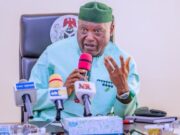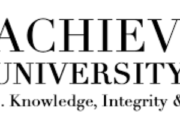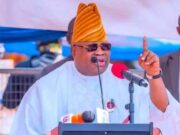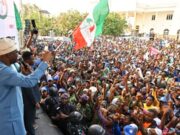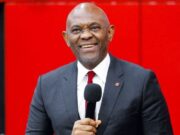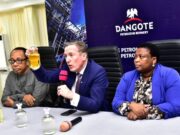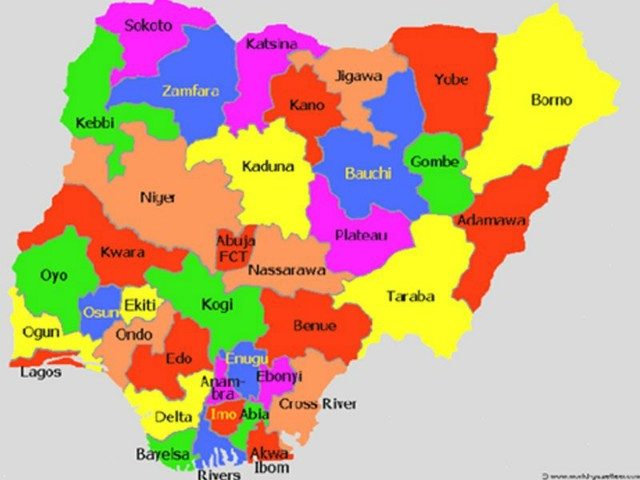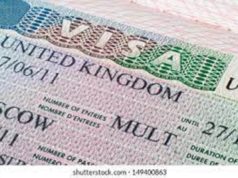Nigerian states have found it imperative to take a fresh look at their finances with a view to mapping out strategies for payment of the new N30,000 minimum wage.
They are also awaiting guidelines from the National Salaries, Income and Wages Commission on how best to handle the situation.
Although some of the states, including Kano, Zamfara, Kwara, Rivers, Kogi and Edo, had expressed their readiness to pay the new minimum wage, there seems to be discordant tunes from some other states about their ability to pay.
One of such states is Oyo where the current monthly wage bill stands at N5.6 billion.
The state is allocated an average of N4.4 billion a month from the federal purse while its internally generated revenue is about N1.6 billion monthly.
Information, Culture and Tourism Commissioner, Toye Arulogun, could not tell what the wage bill would look like when details of the new minimum wage are released.
He said that could only be determined when the Federal Government gazettes the new minimum wage and guidelines are out.
The commissioner explained that the government would take the necessary step if it was confronted with inability to pay.
But he was quick to add: “We will wait to cross the bridge before deciding the appropriate line of action.”
The Kwara State Government is also awaiting the template for payment from the National Salaries, Income and Wages Commission.
It says the template is required by the 13-man minimum wage reviewing committee it set up to guide it on computing new salaries for workers.
Investigations revealed that the state government receives between N2.5 and N3.8 billion monthly, going by the figure usually released by the Joint Allocation Account Committee (JAAC).
The internally generated revenue of the state also stands at between N1.7 billion and N2.3 billion per month.
The Chairman of Kwara State Internal Revenue Service (KWIRS), Prof Muritala Awodun, recently said that the service generated a total sum of N6.279 billion as revenue in the first quarter of 2019.
Awodun, said that the agency generated N2.16 billion in January, N1.76 billion in February and N2.38 billion in March 2019.
The KWIRS boss, who said that the revenue agency was yet to achieve its target of N60 billion revenue per annum or N5 billion monthly, however, said that the service has been developed to a point that it would not make less than an average of N2.5 billion every month.
It was gathered that the state government currently spends over N2 billion on the payment of workers’ salaries.
A source gave the breakdown of salary payment as follows: core civil servants N600 million; primary and secondary school teachers N940 million; local government staff N500 million and pensioners N400 million.
Like Oyo and Kwara, Cross River State is also waiting for the guidelines from the federal authorities.
It currently has about 25,000 workers on its payroll and receives an average of N3 billion allocation from Abuja monthly and generates between N1.5 billion and N3.5 billion.
Apart from paying salaries and meeting financial obligations in respect of projects, the state also services the loan taken for the execution of the Tinapa complex.
This is put at almost N100 million per month.
There is also the controversial superhighway expected to gulp over N700 billion.
The governor recently transmitted a letter to the House of Assembly to approve modalities for funding the project by the state government.
The letter, which was leaked on the Internet, sought approval for an Irrevocable Standing Payment Order (ISPO) for N648.8 billion in favour of a construction company.
The letter with reference number SSG/S/300/VOL.XVII/1199, addressed to the Speaker of the State House of Assembly, sought the state legislature to consider and pass a resolution granting an approval for the state government to issue an ISPO of N300 million monthly through a bank in favour of the construction company.
Credit: thenationonlineng.net







